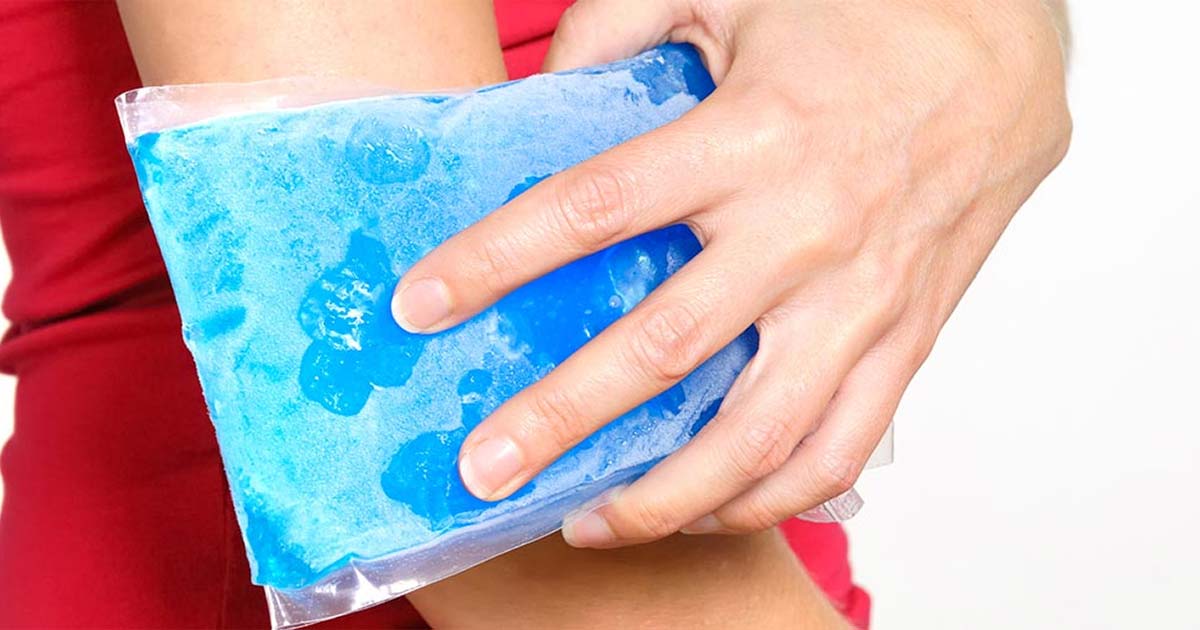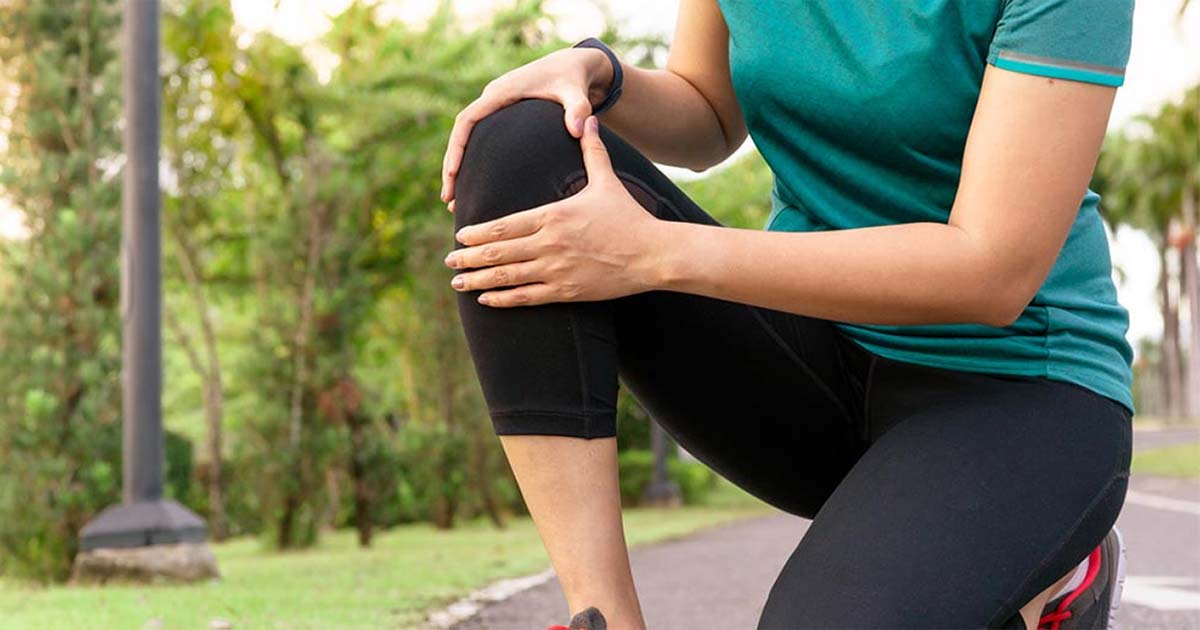Trying a Triathlon? Tips for New Triathletes
Advice to improve your movement, fitness, and overall health from the world's #1 in orthopedics.
Completing a triathlon of any distance, whether it’s a sprint or an Ironman, is unquestionably a tremendous achievement. With all the training these races require, equally challenging is getting to the starting line healthy and strong.

If you’re preparing to compete in your first triathlon, follow these training tips from Kate Baird, MA, ACSM-CEP, CSCS, to reduce your risk of injury and improve your chances of a successful race.
1. Avoid the terrible toos: too much, too often, too soon.
Preparing for a triathlon requires many hours of training per week. Increasing your training load too rapidly is one of the surest ways to sustain an overuse injury. Exposing bones, joints, tendons and muscles to loads far greater than they are accustomed to will likely lead to a breakdown somewhere.
If you are a novice triathlete, spend a few years in the sport and work your way up in distance. Start with a relay, then some short-course triathlons and move up to the Olympic and 70.3 distances over a period of several triathlon seasons. You’ll hone your triathlon skills, learn from your mistakes and allow your body to develop the resilience and resistance to fatigue needed to tolerate months of 10 to 20 hours a week of training.
2. Build a solid base of strength and stability.
After many hours of repeating the same movements (swimming, biking, running), any weaknesses, imbalances and asymmetries in your body will be amplified. For example, if your hip drops every time you land on your right leg, causing your right side to drop out of alignment, sooner or later something down that chain will break down.
Strength training should be as important a part of your training program as swimming, biking and running are. You don’t have to spend hours in the weight room; a comprehensive, progressive strength training program focusing on single-leg stability and core strength should not only help avoid injury but also lead to better performance.
3. Follow a formal training program.
Preparing for any triathlon, if you’re new to the sport, takes months. A well-designed training plan can take the guesswork out of training. Ideally, you would work with a USA Triathlon certified coach who can design a plan that takes into account your individual strengths and weaknesses, your competitive goals, your level of experience and your lifestyle (including how many hours a week you can reasonably train).
You can find an appropriate coach through USAT or through online training platforms such as Training Peaks. If an individual coach is out of your price range, consider joining a triathlon club or check out some of the generic training plans available through the sources mentioned above.
4. Plan for recovery.
Do not equate rest with being lazy or slacking off. Planning your recovery is as important as planning your training sessions. The stress you apply to your body during your training sessions is the stimulus for the positive adaptations that take place during recovery. If you never allow time for recovery, your fitness gains cannot take place and injury and poor performance are likely outcomes.
Adequate sleep, a solid nutrition plan, foam rolling, stretching, massage, spending time with loved ones—these are all important components of your training and are easy to skip when you are juggling a demanding job and a 15-to-20-hour training week. When planning your schedule, add in your recovery time just as you do your training sessions and your work obligations.
Completing a triathlon requires commitment, sacrifice, hard work and determination and is often a life-altering experience. The right training can help ensure you make it to the finish line safely.
HSS offers one-on-one triathlon coaching from USAT-certified trainers, as well as metabolic testing to help improve your performance. For more on these services, contact sportsperformance@hss.edu.
Published 6/5/2023





